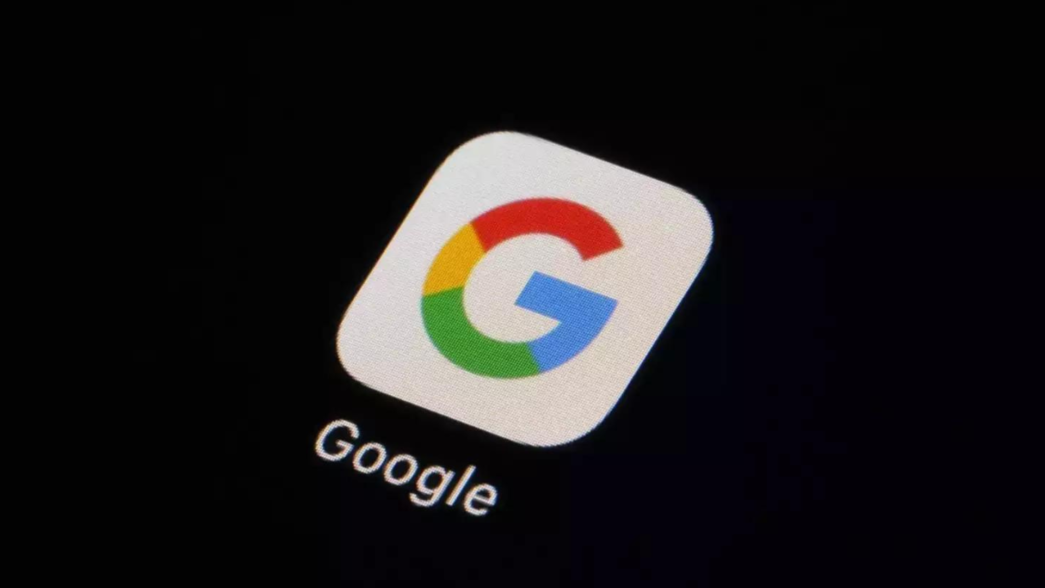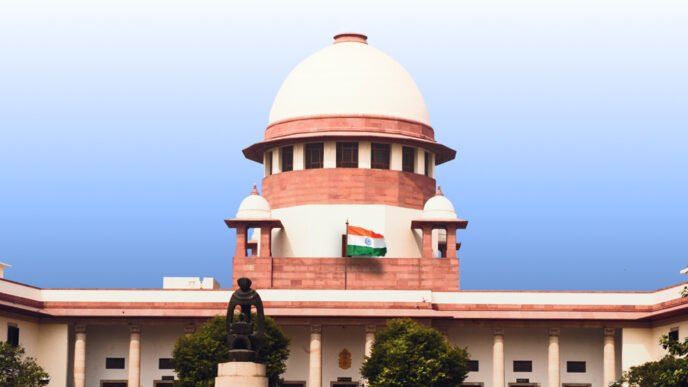New Delhi: In a significant move to tackle election misinformation, Google announced on Monday that advertisers must now clearly disclose any election ads featuring digitally altered content. This update aims to address the rising concerns over the misuse of generative AI and deepfakes.
Under the new guidelines, advertisers must check a box in the “altered or synthetic content” section of their campaign settings to comply with Google’s updated political content policy. This measure is part of Google’s broader strategy to enhance transparency and maintain the integrity of political advertising.
Generative AI technology, which can swiftly produce text, images, and videos from prompts, has been at the forefront of these concerns. The ability to create deepfakes—highly convincing manipulated content that can misrepresent individuals—further complicates the distinction between reality and fiction.
ALSO READ: Parul Kamra Appointed VP & National Sales Director at ABP News and ABP Asmita
For specific ad formats such as feeds, Shorts on mobile, and in-stream ads on computers and TVs, Google will automatically generate an in-ad disclosure. Advertisers using other formats must craft their own prominent disclosure statements, ensuring they are clear and contextually appropriate for the ad.
Google’s initiative follows several high-profile incidents where AI-generated content impacted political discourse. During India’s recent general election, fake videos featuring Bollywood actors and Prime Minister Narendra Modi went viral, illustrating the influence of AI in shaping public opinion. In response, OpenAI, led by Sam Altman, reported disrupting five covert influence operations that employed AI models for deceptive online activities.
Last year, Meta Platforms also took steps towards transparency by requiring advertisers on Facebook and Instagram to disclose the use of AI or other digital tools in altering or creating political, social, or election-related advertisements.
Google’s updated policy represents a crucial step in ensuring that voters receive truthful and clear information, reinforcing the company’s commitment to combating misinformation in the digital age.












